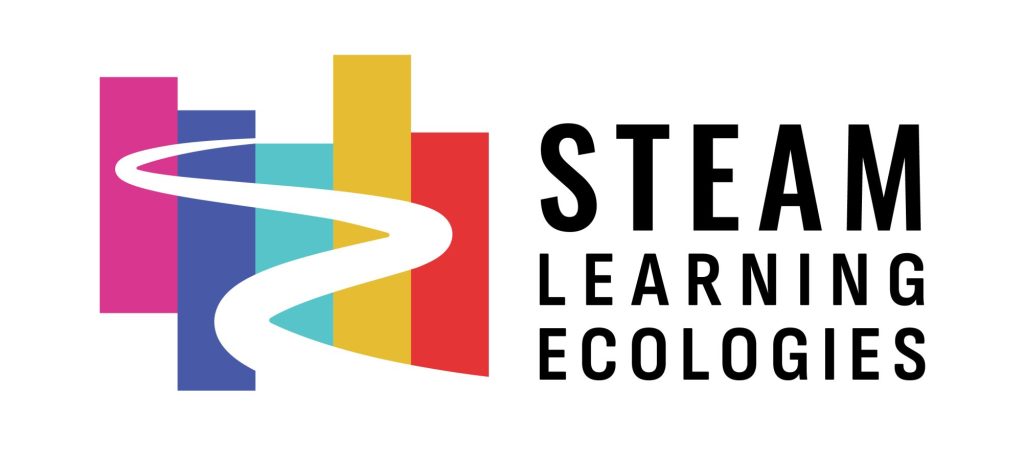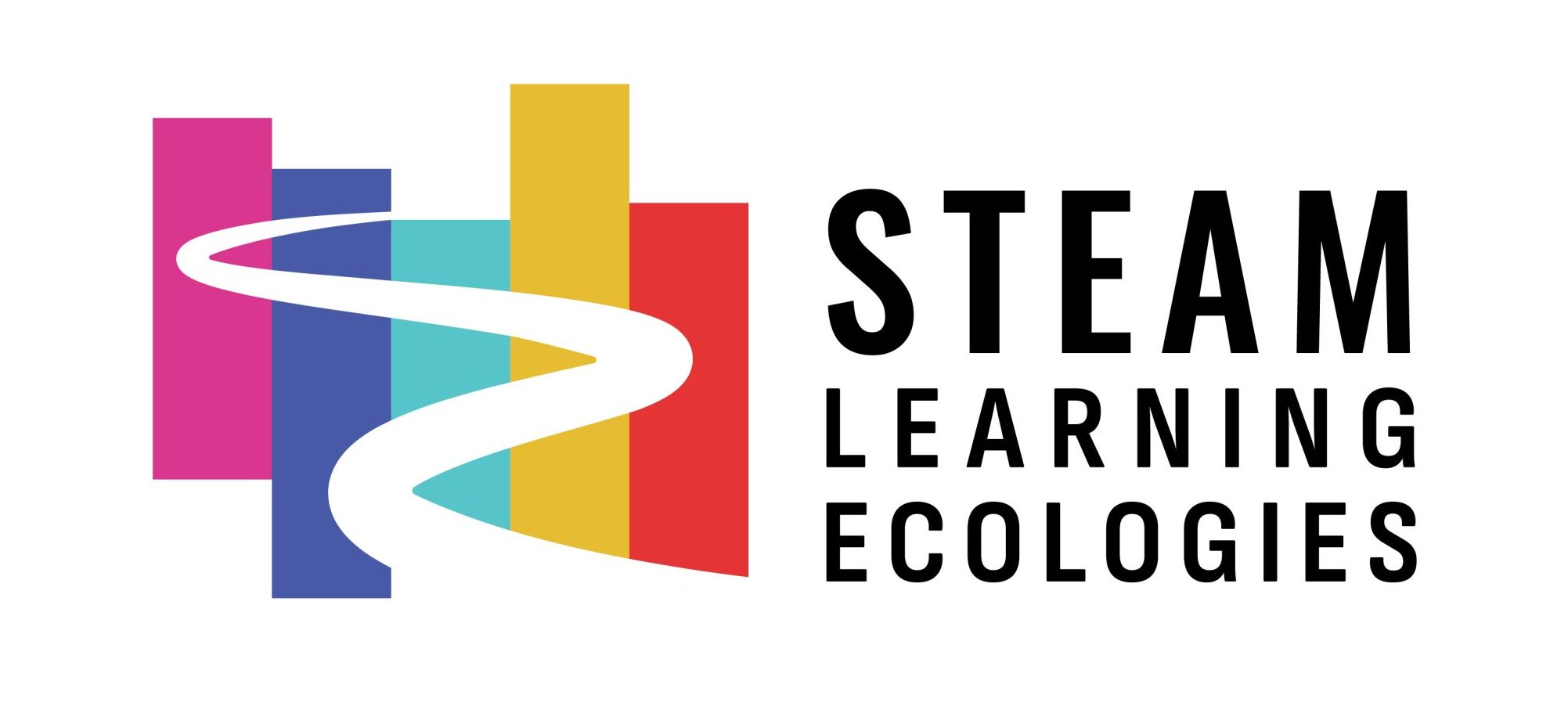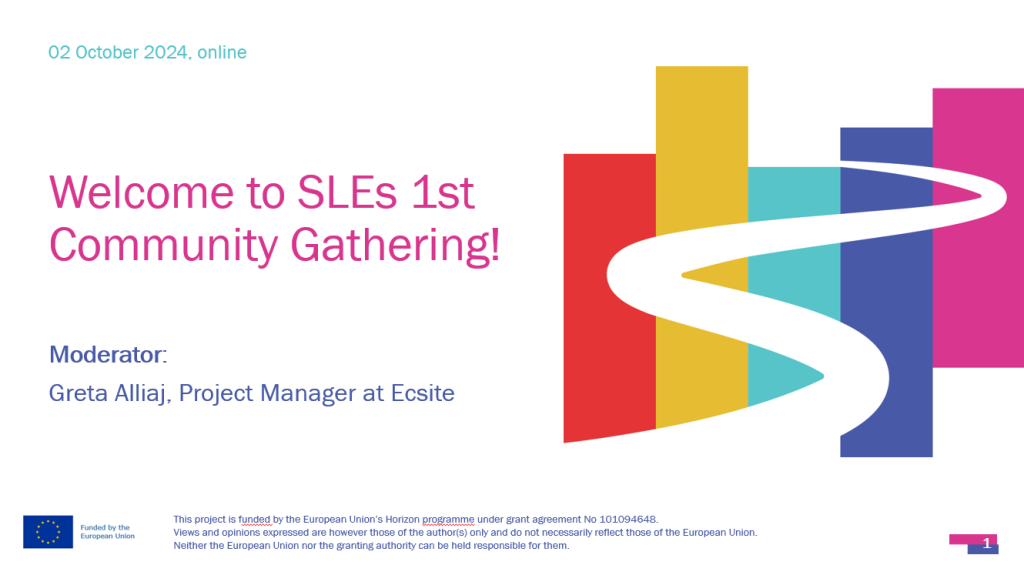SLEs first Community Gathering took place online on October 2, 2024, bringing together a dynamic group of educators, researchers, and community leaders and involving 67 participants.
As the second year of the project unfolds, we aim to expand the creation of STE(A)M Learning Ecologies (SLEs) and further embed STE(A)M education within communities across Europe. The recent session offered an opportunity to reflect on the progress achieved so far and to explore the value a well-structured learning ecology can bring to local communities.
Participants heard from key speakers who were directly involved in the piloting phase of the SLEs project. Experts from different fields shared their insights and experiences, providing an in-depth look at:
- The overarching vision and objectives behind their pilot projects.
- Key highlights and innovative activities that contributed to their success.
- The tangible benefits these initiatives brought to their organizations and local communities.
The event opened with a warm welcome from Greta Alliaj, who set the tone for an exciting set of discussions. She outlined the central aim of the SLEs initiative: to promote science education as a key element in local community development. She also stressed project’s mission to develop STE(A)M Learning Ecologies as collaborative environments that bring together formal, non-formal and informal education providers, businesses, and civil society to tackle real-world challenges through hands-on, inclusive learning experiences.
Stories from the ground
A central highlight of the gathering was the opportunity to hear from key voices involved in the SLEs project across Europe during its piloting phase.
Laura Mentini, Project Manager at APRE in Italy, shared her experiences working on a pilot project focused on sustainability (Sustainability and green active citizenship), where middle school students collaborated with external stakeholders to co-create innovative learning products. She emphasised the importance of integrating science, technology, civic education, and the arts in a holistic way that helps students develop critical thinking and teamwork skills. Through this pilot, students explored topics like bioeconomy and environmental sustainability, and their activities culminated in practical, replicable projects aimed at promoting sustainable lifestyles.
From Spain, José Viñas, STEM advisor at Centro de Innovación Educativa e Dixital, discussed his team’s efforts to bring artificial intelligence (AI) into the classroom. He described two ongoing subjects for students, one focusing on user-level AI skills and the other on fostering creativity with AI as a design tool. Viñas highlighted the significance of engaging students with AI technologies, not only to build technical skills but also to explore how AI can contribute to solving sustainable development challenges. This interdisciplinary approach highlighted the potential of combining technology with creativity in modern education. In this activity, students created AI-generated videos, which helped them develop a range of soft skills. The focus wasn’t just on learning how to use a specific tool, as tools can change over time, but on understanding how to effectively use such tools in general.
Elena Rogoveanu, from the Mircea cel Batran National College in Romania, brought a unique perspective with her project centered around biodiversity and environmental conservation. Set within the scenic Buila Vânturarița National Park, her initiative, titled “STEAMing Up with Nature’s Wonders“ aimed to inspire students’ appreciation for local ecosystems while fostering their STEAM skills. Rogoveanu shared stories of her young learners, aged six to seven, who participated in immersive outdoor learning experiences and field trips, discovering the wonders of their natural environment. This project also showed the importance of collaboration, as students worked alongside local environmental scientists and ecologists to understand biodiversity and conservation efforts. Among the most tangible benefits of this initiative, it is worth mentioning the enhanced educational outcomes, the increased environmental awareness, the positive social impact, the promotion of mental well-being, the community engagement and the skill development. The project successfully built strong connections between schools, families, and the local community.
Another compelling example came from Svenn-Helge Vatne, CEO of Metaito – Factsplat in Norway, who presented his experiences with a customer-driven project during the COVID-19 pandemic. His initiative focused on building an Android launcher that separated work and pleasure, showcasing how digital tools can support productivity and innovation during difficult times.
His contribution focused also on connecting science and business, highlighting key factors like dealing with real world problems and real users, giving new insights and potential solutions or using theoretical knowledge in practice.
Lisa Martyn, Acting Manager of Ballybane Community Library in Ireland, discussed how her team addressed the challenge of re-engaging teenagers with library spaces post-pandemic. Through the “Intertwined – Mosaic of the Community Brain” project, her team used STEAM Maker Spaces to tackle problems such as library engagement. Martyn described how they co-created a STEAM mosaic with local students, using it as a platform to explore the theme of perceptions of place and people. This initiative exemplified how art and science can intersect to create meaningful community-based projects. The mosaic was inaugurated during Brain Awareness Week on March 2024.
Looking ahead
SLEs first Community Gathering provided participants with a space to share ideas, reflect on early successes, and look forward to future developments. As the project continues to grow, it will undoubtedly play a crucial role in bringing together diverse learning environments and empowering communities to address the challenges of tomorrow.
The next Community Gathering event is coming up in February 2025, stay tuned!
Would you like to be involved in the SLEs project? Get in touch!




